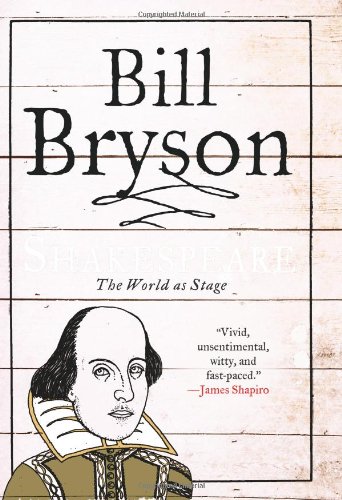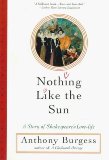My parents, in their infinite wisdom regaring gift giving, have made it an annual practice to give me a bookstore gift card for my birthday. I nearly let the month go by before I shared my purchases this month with you.
This year, my selections were heavy on the Shakespeare, probably due to the fact that I took a class on teaching Shakespeare through the Folger Shakespeare Library in June.
I only hope I get a chance to read it all soon.
I started a reading group at my school. I was surprised by the reception! We have a good 15 interested teachers, which at my school is approaching half the faculty! We are reading The Guernsey Literary and Potato Peel Pie Society. I need to get started on that one or I won’t be ready for our first meeting.











